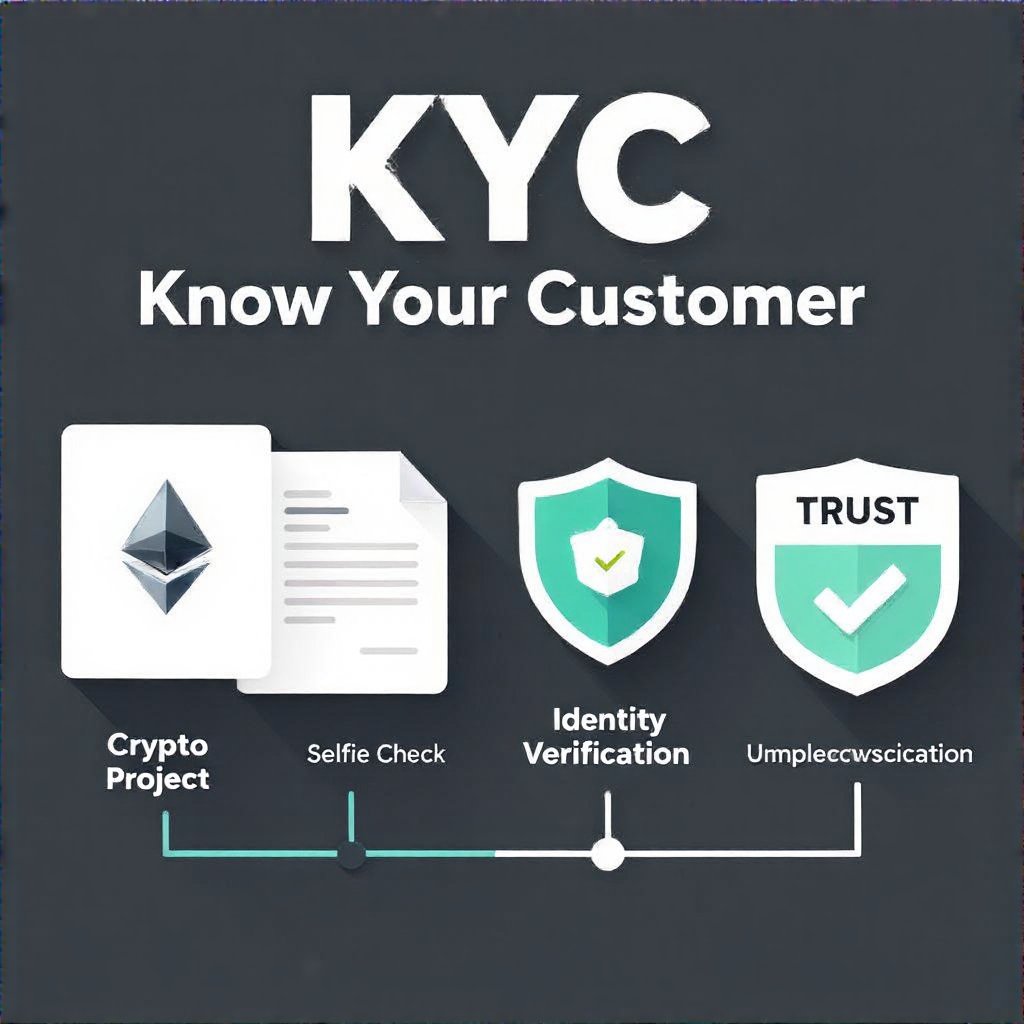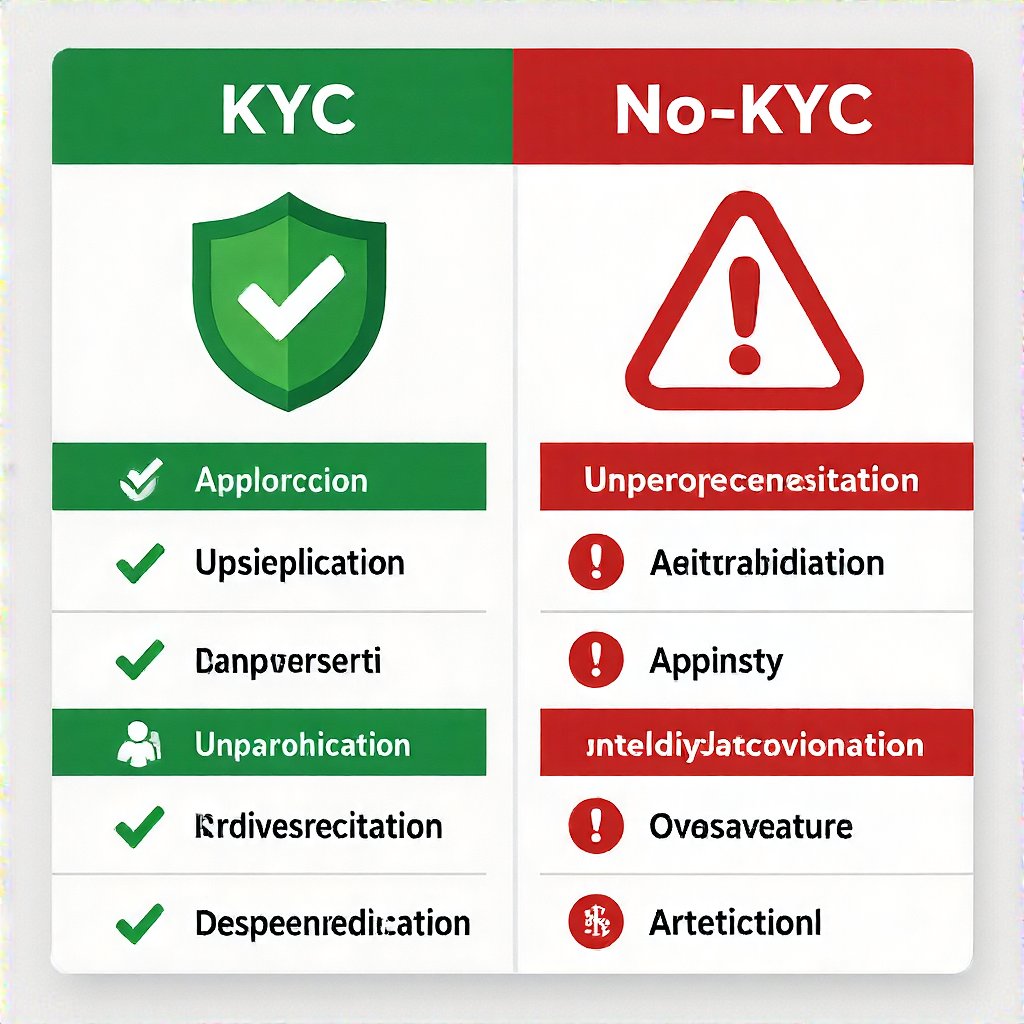Why KYC is Crucial for Crypto Project Trust in 2025

In the fast-moving, signal-driven world of cryptocurrency, trust is currency. KYC not only screens identities but also creates a transparent narrative that investors can verify. This expanded guide explains how KYC works, why it matters, and how to implement it without hampering innovation.
- What KYC Checks Really Cover
- Trust, Transparency, and Risk Reduction
- Implementing KYC: A Practical Roadmap
- Privacy, Decentralization, and Criticisms
- The Future of KYC in Blockchain
- FAQs
What KYC Checks Really Cover
Most KYC programs verify government-issued IDs, current address, date of birth, and basic business information for project entities. Source-of-funds screening and ongoing monitoring are common to deter unusual activity. As highlighted in the risk assessment for anonymous crypto teams, well-scoped checks help separate signal from noise and strengthen due diligence. For governance clarity and regulatory alignment, many projects also reference KYC & AML compliance guidelines.

Trust, Transparency, and Risk Reduction
When founders disclose verified identities, the project signals a commitment to accountability—reducing the likelihood of scams and rug pulls that plague opaque launches. This stance aligns with broad industry observations reported by Bloomberg. Critics worry about privacy and decentralization; see privacy vs. compliance dilemma for a balanced view. For privacy-preserving approaches, consider zero-knowledge proofs as a way to minimize exposed data while maintaining verification. Real-world auditing insights also remind us to review audit reports to understand what verification should look like in practice.

Implementing KYC: A Practical Roadmap
Define scope based on jurisdiction, token model, and risk appetite. Map which entities (team, advisers, investors) require verification and set data-retention policies that comply with regional rules. Partner with reputable identity providers, keeping data minimization at the core. The plan should tie to KYC & AML compliance to ensure alignment with regulatory expectations. A phased rollout—pilot, evaluate, expand—helps manage UX friction and operational overhead.
Next, create governance around the collected data: access controls, encryption, and regular audits of identity workflows. Privacy-forward techniques, such as zero-knowledge approaches, can help balance user privacy with compliance. Finally, maintain clear communication with the community to explain what data is collected and why.
Privacy, Decentralization, and Criticisms
Critiques argue that KYC may threaten privacy or centralize control. The right approach is to adopt risk-based verification, data minimization, and opt-in sharing. Projects should consider self-sovereign identity concepts and modular checks that scale with risk. For more on the tension between privacy and compliance, see the external sources linked above.
The Future of KYC in Blockchain
As regulation catches up with innovation, KYC could become a standard layer of trust rather than a hurdle. Expect more standardized identity verification tooling, better privacy-preserving options, and community-driven governance around data usage. Companies that implement thoughtful KYC gain competitive advantage through legitimacy and investor confidence.
FAQs
Is KYC mandatory for all crypto projects? Not universally, but increasingly expected for regulated jurisdictions and mainstream investors.
Does KYC conflict with decentralization? It can, if implemented naively; the solution is risk-based, privacy-preserving verification and clear governance.
